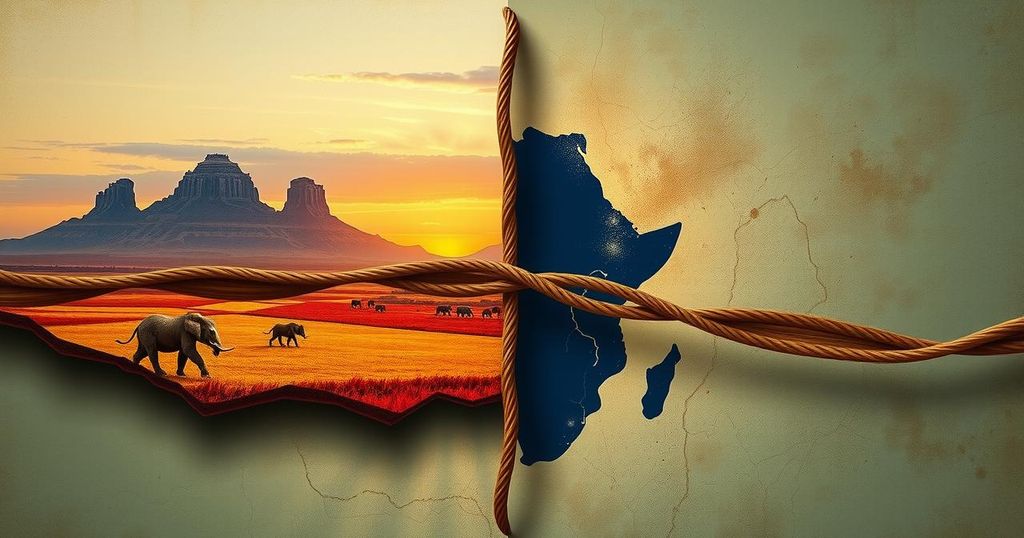Kenyan Politicians Consider AU Exit Following Odinga’s Chair Election Loss

Kenyan politicians, following Raila Odinga’s loss for the AUC chair, are contemplating withdrawal from the African Union. Djibouti’s Mahmoud Youssouf won the election, stirring discontent among Odinga’s supporters, who express dissatisfaction with the AU’s structure and Kenya’s financial contributions. Key MPs have proposed reevaluating participation in the AU and the EAC, with suggestions of a potential exit.
Following the recent election of Djibouti’s Mahmoud Youssouf as chairperson of the African Union Commission (AUC), former Prime Minister Raila Odinga’s supporters are contemplating Kenya’s withdrawal from the African Union (AU). Youssouf secured the position after a competitive seven-round voting process during the AU’s 38th Ordinary Summit in Addis Ababa, Ethiopia, obtaining 33 votes from the 49 participating heads of state, thus achieving the necessary two-thirds majority.
The defeat has sparked strong reactions among Odinga’s allies, prompting discussions regarding Kenya’s future involvement in the AU. Notably, Homa Bay Town MP Peter Kaluma has voiced intentions to advocate for the nation’s exit from the AU and possibly the East African Community (EAC), which consists of eight member states including Kenya, Uganda, and Tanzania.
Alego Usonga MP Samuel Atandi also suggested Kenya ought to reassess its financial obligations to the AU, implying a need for diminished contributions or even withdrawal. This dissatisfaction highlights broader concerns about the AU’s structure and its alignment with the interests of its member states.
Senator Ledama Olekina from Narok acknowledged President William Ruto’s backing for Odinga’s candidacy while urging a reevaluation of the AU’s frameworks. He provocatively questioned the feasibility of dividing the African Union into two separate entities to better serve the diverse interests of member states.
It is important to note that the AUC chairperson election is determined solely by the member states and is free from military influence. The chairpersonship is rotated among Africa’s five regions, with Eastern Africa nominating the chair and Northern Africa providing a deputy for this election cycle.
In conclusion, the recent electoral defeat of Raila Odinga for the AUC chairperson position has catalyzed discussions among Kenyan politicians regarding the nation’s role in the AU. The highlighted discontent reflects deeper systemic issues within the organization and suggests a potential reevaluation of Kenya’s commitments, with calls for withdrawal gaining momentum.
Original Source: mwakilishi.com







